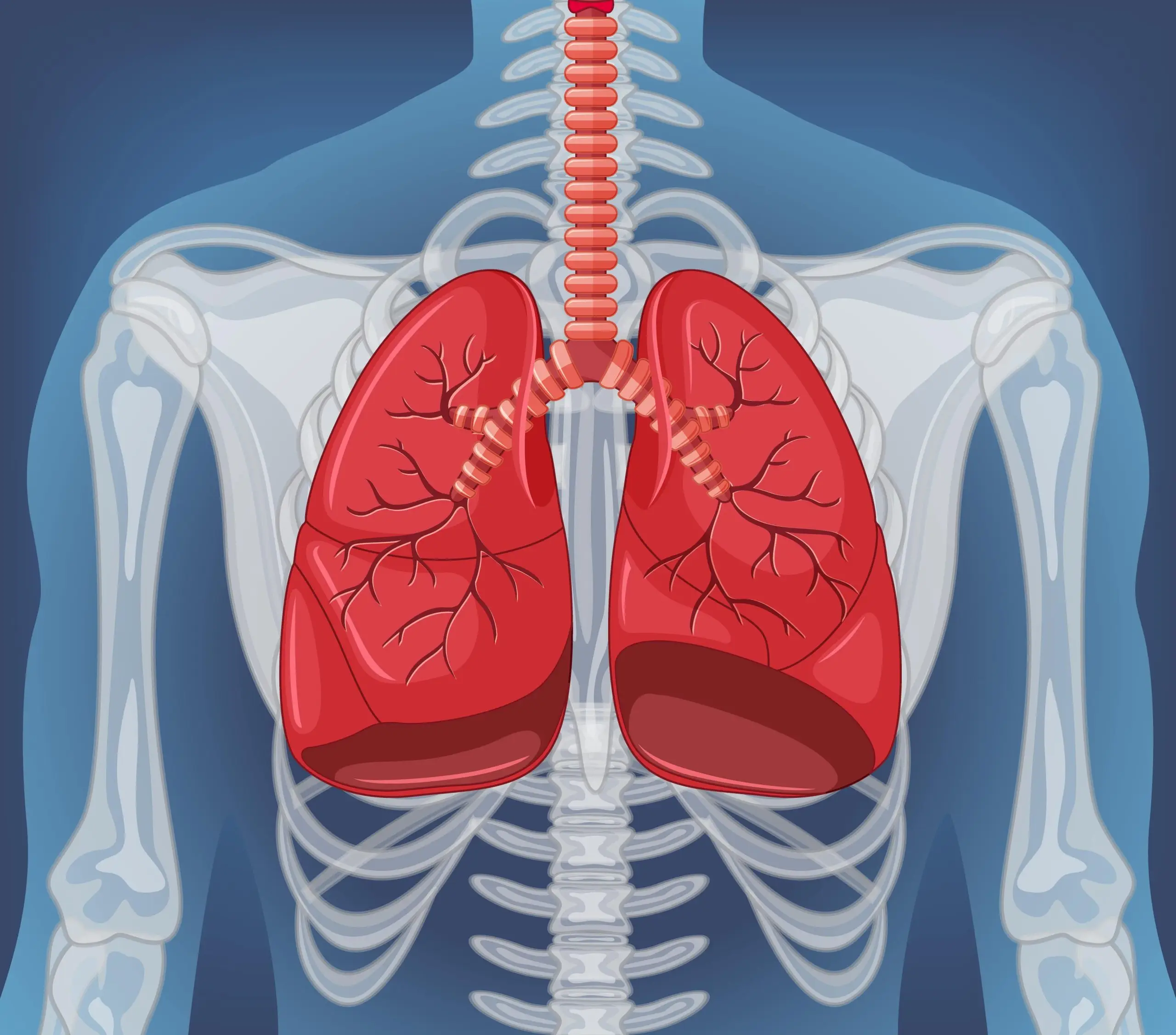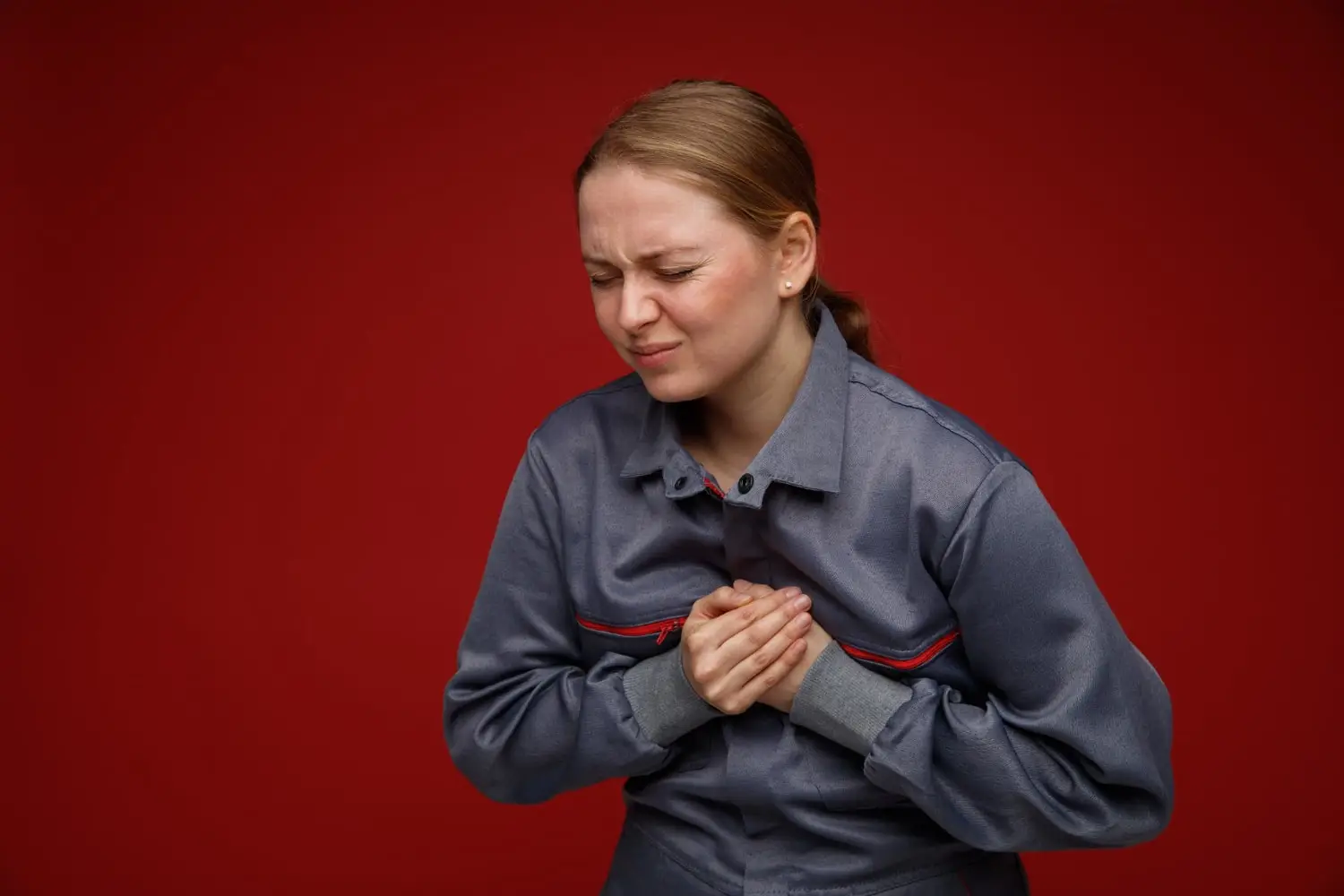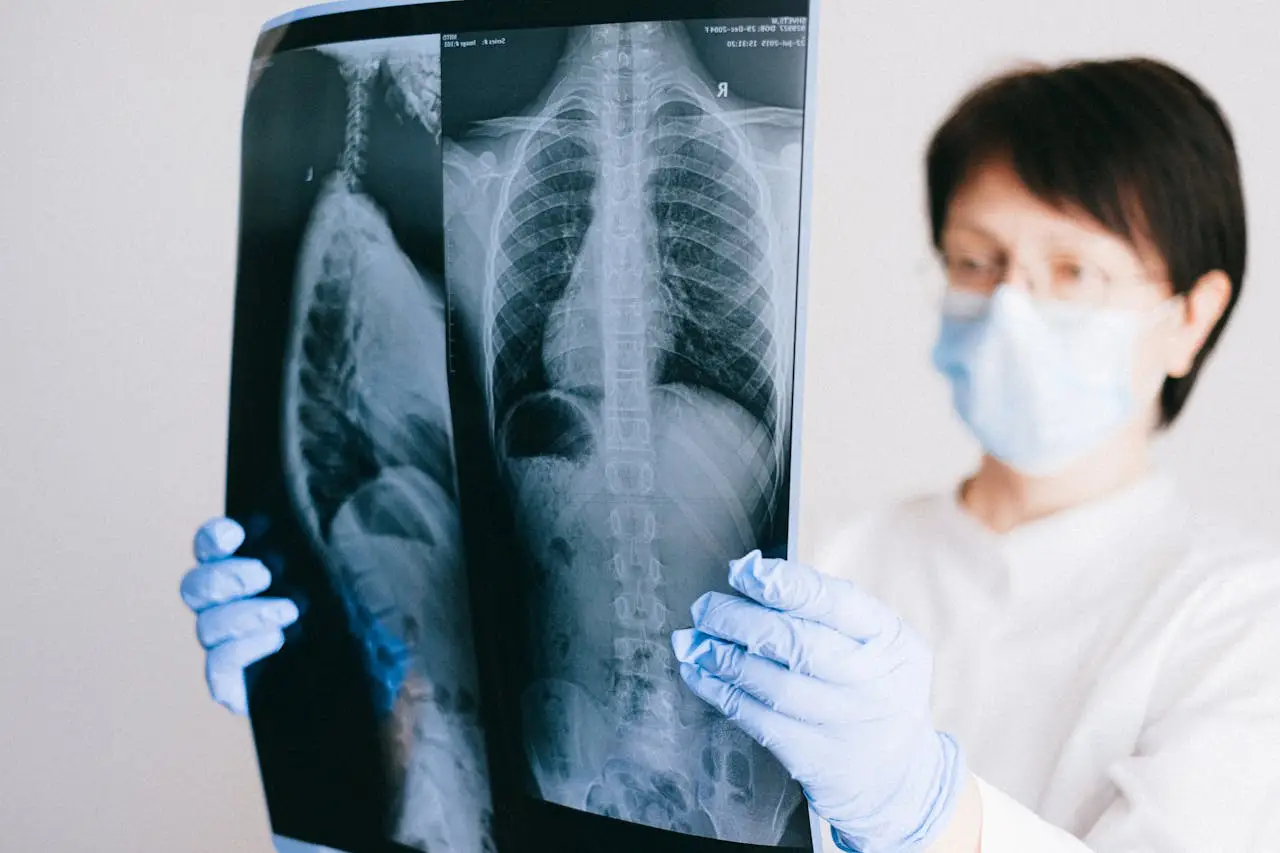Foods COPD patients should avoid include refined carbohydrates, sugars, spicy and overly salty foods. The dietary habits of patients play a significant role in managing the disease, and adopting the right eating style can alleviate symptoms and improve quality of life. Below, you will find detailed information about foods that COPD patients should avoid.
What is COPD?
Although not as fatal as lung cancer, COPD is a serious condition. While primarily affecting the lungs, it can also impact the entire body, leading to osteoporosis, diabetes, cardiovascular blockages, and non-infectious inflammation in muscles. There is no definitive cure for COPD, which accelerates lung aging. Treatments and lifestyle changes, including avoiding certain foods, aim to alleviate symptoms and slow the progression of the disease. Renowned specialist Prof. Dr. Semih Halezeroğlu offers consistent support to his patients in this regard.
What are the Symptoms of COPD?
COPD causes narrowing and obstruction of the airways, leading to various symptoms. Some common COPD symptoms include:
| Symptoms | Description |
|---|---|
| Shortness of Breath | Initially noticeable during physical activity, it becomes apparent even during daily routines as the disease progresses. |
| Cough | Chronic coughing often accompanied by mucus production. It starts mildly but worsens over time. |
| Mucus Production | Increased mucus production. Clearing mucus is essential for lung relief. |
| Cyanosis | Insufficient oxygen intake causes bluish discoloration of lips and fingers, highlighting the importance of dietary care. |
| Weight Loss | Advanced stages may cause muscle and weight loss. |
Symptoms vary in severity and type depending on the disease’s progression. The goal of treatments and lifestyle adjustments, such as dietary changes, is to alleviate these symptoms.
How Should COPD Patients Eat?
Patients’ eating habits should minimize the severity of shortness of breath. Maintaining an ideal body weight is crucial. Nearly half of the body’s caloric needs should come from fats. High-fat foods are recommended, while foods rich in flour, sugar, and starch should be limited, as they increase carbon dioxide production.
Foods containing potassium, phosphorus, calcium, and magnesium, which aid in muscle contractions, are essential. Those with blood pressure issues should reduce salt intake. Increasing potassium in the diet is another critical factor. Quitting smoking is a prerequisite for dietary planning. Smoking not only damages the lungs but also negatively impacts healthy eating.
In advanced stages of lung disease, weight loss known as pulmonary cachexia is observed in about 30% of COPD patients. This condition arises because the stomach pushes the diaphragm upward during meals, exacerbating shortness of breath. Therefore, patients are advised to eat small, frequent meals, avoid gas-producing foods, and chew thoroughly.
Foods COPD Patients Should Avoid
1 – Carbohydrates
Carbohydrates increase carbon dioxide production and the risk of inflammation. High carbohydrate consumption can worsen symptoms like shortness of breath. Avoid the following:
- White bread
- Pasta
- Sweets and cookies
- Carbonated drinks
2 – Salty Foods
Salt causes water retention, increasing swelling and pressure on the diaphragm, making breathing difficult. Avoid these:
- Pickles
- Salty sauces
- Chips
- Salty snacks
- Processed foods
- Sausages, salami, and cured meats
3 – Fatty and Spicy Foods
While healthy fats are crucial, avoid unhealthy fats and overly spicy foods. Examples include:
- Fast food
- Margarine
- Ready meals
- Cream-based sauces
4 – Gas-Producing Foods
These foods cause bloating and increase diaphragm pressure, making breathing harder. Avoid the following:
- Carbonated drinks
- Legumes
- Cabbage, cauliflower, and broccoli
5 – Dairy Products
For some, consuming dairy increases mucus production, which worsens airway obstruction. Patients experiencing these effects should avoid dairy.
How Can COPD Patients Feel Better?
Although there is no cure for COPD, lifestyle changes can enhance the quality of life. Patients should:
- Quit smoking and avoid passive smoke exposure.
- Avoid living in highly polluted areas.
- Adhere to medication and oxygen therapies.
- Practice breathing exercises.
- Maintain a healthy, balanced diet.
- Exercise regularly.
- Follow doctor recommendations strictly.
- Seek psychological support if needed.
What Should COPD Patients Drink?

Carbonated drinks, alcohol and products containing high levels of caffeine should be avoided. Instead, freshly squeezed fruit juices can be preferred. Considering the positive relationship between COPD and the minerals in lemon, fruit juices enriched with lemon can be consumed.
Water consumption is also important during this process. However, in some patients, fluid intake may need to be reduced if edema develops. In such cases, it is important to act according to the doctor’s recommendations. In other words, individual conditions are effective on the list of things that COPD patients should not eat.
What is Good for COPD?
COPD patients experience various problems, primarily shortness of breath, due to the decrease in the capacity of their respiratory system. In such cases, procedures aimed at increasing the amount of oxygen taken in have a positive effect on patients. Spending time in environments with clean air, avoiding air pollution and cigarette smoke are good for patients. In addition, oxygen support and drug therapy also positively affect patients’ breathing. It is also important to choose what COPD patients should not eat and appropriate foods.
FAQs About Foods COPD Patients Should Avoid
Frequently asked questions and answers about what COPD patients should not eat are listed below.
1 – What Foods Should COPD Patients Avoid?
Foods to avoid include gas-producing grains, processed foods, sugar, and salty items. Diets should focus on healthy fats with reduced carbohydrate intake.
2 – What Fruits Are Beneficial for COPD Patients?
Fresh fruits, especially dried ones, are beneficial. Avoid processed fruits with added sugar.
3 – How Long Can COPD Patients Live?
Life expectancy varies based on general health, disease severity, treatments, and lifestyle. Proper management can extend life.
4 – Is Emphysema Part of COPD?
Yes, emphysema is a component of COPD, primarily affecting alveoli.
5 – Is There a Cure for COPD?
While changes in the respiratory system are irreversible, treatments and lifestyle adjustments can improve quality of life and alleviate symptoms.






